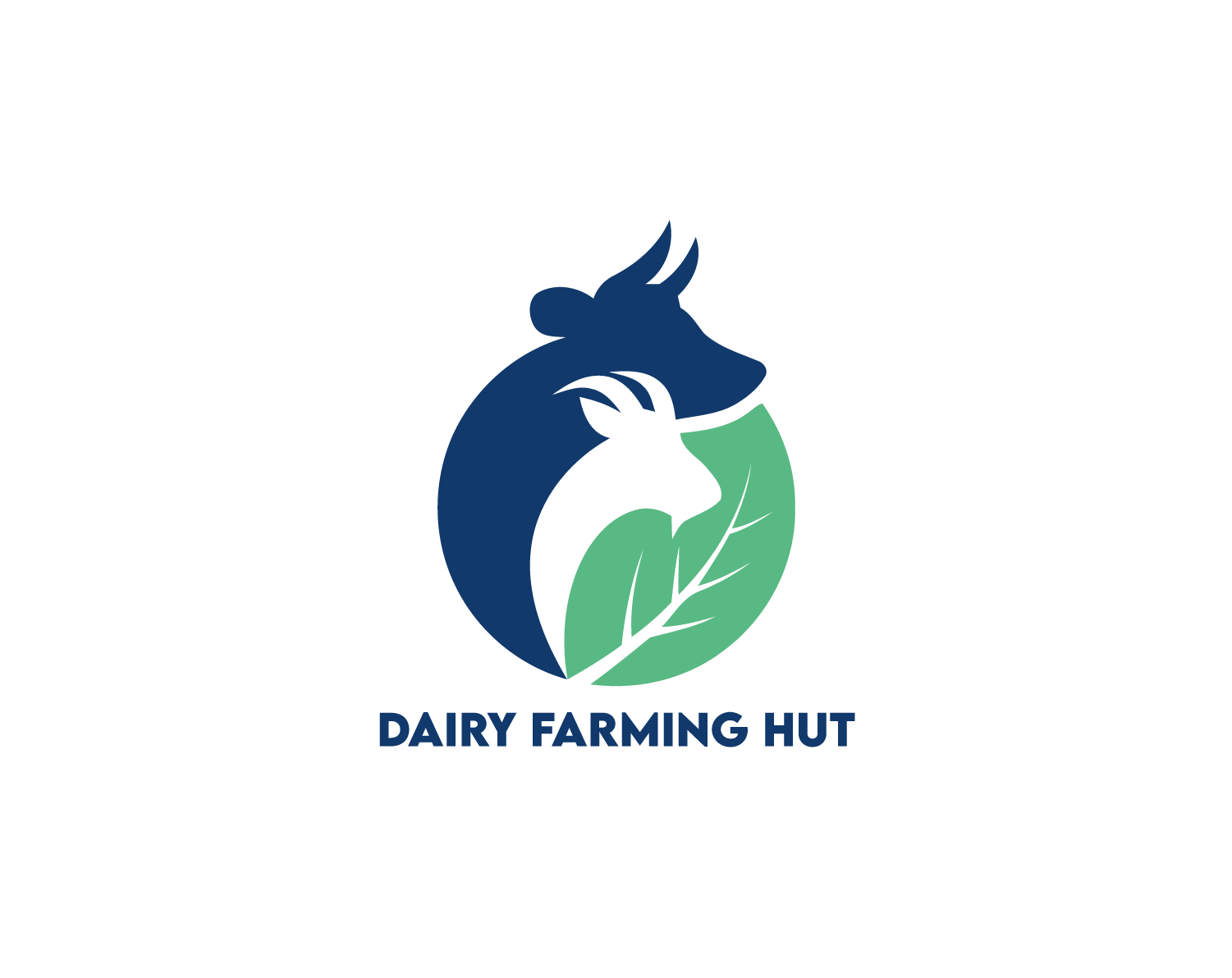Using animal manure in your gardening is a natural and cost-effective way to add organic matter to the soil that will enhance growth, improve the water holding capacity of the soil, and decrease erosion. Sheep manure and cow manure are both excellent options, but which one is better?
When choosing between sheep and cow manure, sheep manure is the better option for most plants, crops, and gardens. While both sheep and cow manure contain helpful nutrients, sheep manure tends to have a higher concentration of these nutrients.
When sheep manure is used properly, its effects can be very beneficial for your flowers, fruits, and vegetables. Read on to learn more about sheep manure, its benefits, and how to use it to take advantage of its nutrients properly.
Benefits of Sheep Manure
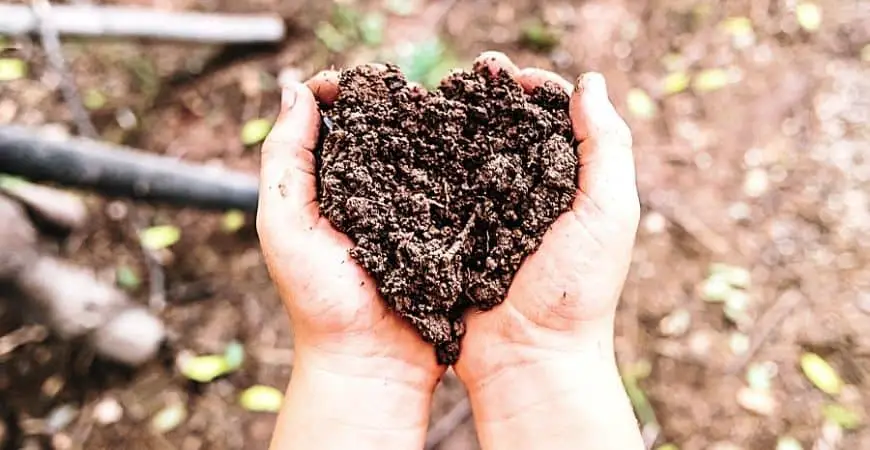
Despite the advancements in human-made fertilizers, sheep manure has been used for ages in gardening and continues to be used as an effective additive today. Sheep manure continues to be effective manure to improve the growth and health of many plants.
Since sheep manure is an organic and natural option, manure from grass-fed sheep does not contain chemicals and artificial additives that manufactured fertilizers may contain. When you use natural manure from an animal like a sheep or cow, you are putting something back into the ground that was already once in the ground.
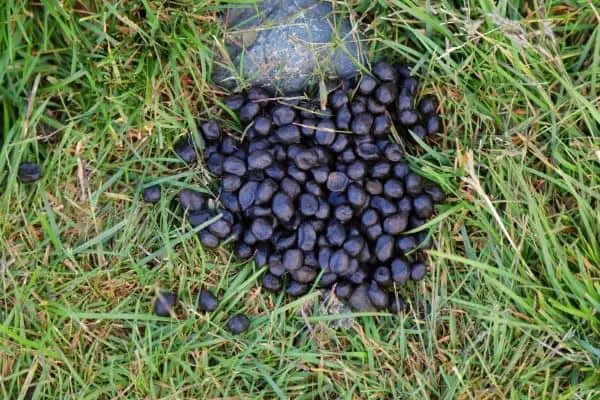
Sheep Manure
Getting manure from a local farmer will also help support your local community instead of a major company. If supporting your local community is important to you, then sourcing your manure from a local farmer or market is a great way to show support to your local farms. In addition, this allows you to see how the animals are treated and fed, so you know that you are getting chemical-free and organic manure for your garden.
Sheep Manure Compared to Cow Manure
Since sheep eat grass, their manure tends to be carbon-rich. It also contains a high concentration of Phosphorus and Potassium, both of which play an essential role in improving plant growth. Cow manure contains these nutrients as well, but sheep manure typically has a higher concentration.
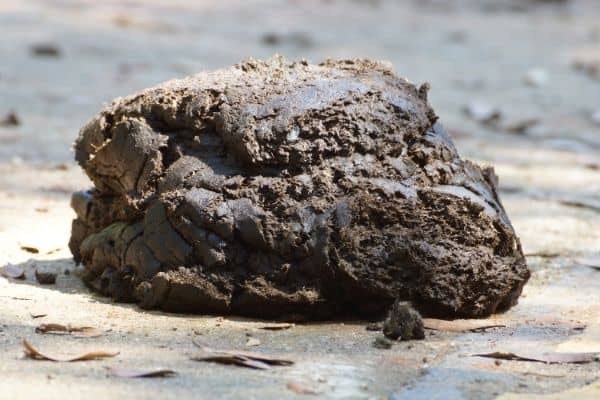
Cow Manure
One of the other added benefits of sheep manure is that it tends to have a less repulsive odor. While the odor does not have an effect on the nutrients within the manure, many people favor the option that smells the least, like an animal waste. This is especially true for home gardeners who use manure in the flower beds near their homes.
Nutrients Found in Manure
The three most prominent and essential nutrients found in manure are Nitrogen, Phosphorus, and Potassium. These three nutrients are so vital that most fertilizers will have a NPK rating that tells you the concentration of Nitrogen (N), Phosphorus (P), and Potassium (K). Since each nutrient serves a different purpose, it is crucial to tailor the kind of manure you use to fit your needs.
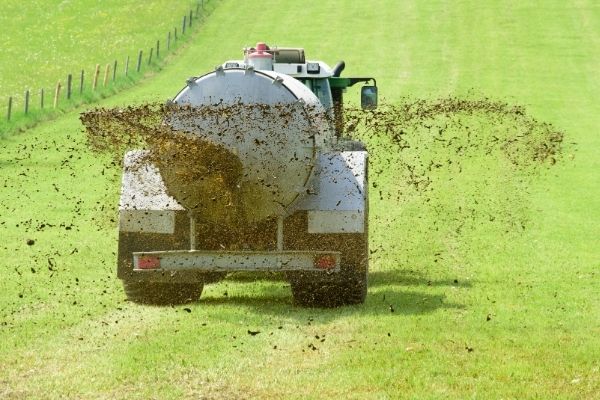
Nitrogen is fantastic for growing vegetables, so if you intend to grow good vegetables, it is important to strategically use the right manure, like sheep manure, that has a higher concentration of Nitrogen. Plants that lack the proper amount of Nitrogen may not grow properly. They will often be smaller, have a weaker structure, and maybe discolored. If you are growing food, it is vital to use the correct type of manure to produce the highest quality of food for consumption.
Phosphorus plays a vital role in the development of strong roots and also helps with seed germination. Even though sheep manure tends to be the better option in general, cow manure is usually a better option for plants that need to germinate or require strong roots.
Potassium is excellent for flowers and fruits, so you need to choose manure with a high potassium content if you would like to grow prominent flowers or well-developed fruits. Also, Potassium helps the plant to fight off diseases.
Potassium is essential for fruits because an unwanted disease can ruin the fruit and cause health problems if consumed. Plants that lack the proper amount of Potassium usually bear weak and undeveloped fruit, vegetables, and flowers.
The Cost of Manure
Sheep manure and many other types of animal manure can be sourced locally from your own community. If you have your own sheep, collecting their waste to use as manure can be a cost-effective way to fertilize your garden. While collecting and composting from your own property can be more time-consuming than driving to the store, it will save you money over time.
Looking for Shearing Machine for your Sheep?
Check best Sheep Shearing Machines under $200
Besides saving money, it is also an effective organic solution for gardening since natural sheep manure from grass-fed sheep does not contain any chemicals or unnatural ingredients. When a sheep eats natural and chemical-free grass, many of the nutrients in the grass that are helpful for plant growth are not digested or used by the sheep; thus, they can be found in the manure.
If you don’t have sheep to collect waste from, many local farmers sell sheep manure at a reasonable price. While the price can vary depending on the area and weight, it tends to be less expensive than store-bought manure in most cases. Many farmers with livestock will sell their waste in bags, and in some cases, they may even let you come and collect manure for a low price or for free. Not only does this provide you with manure, but it also helps the farmer get rid of the waste that they may not use.
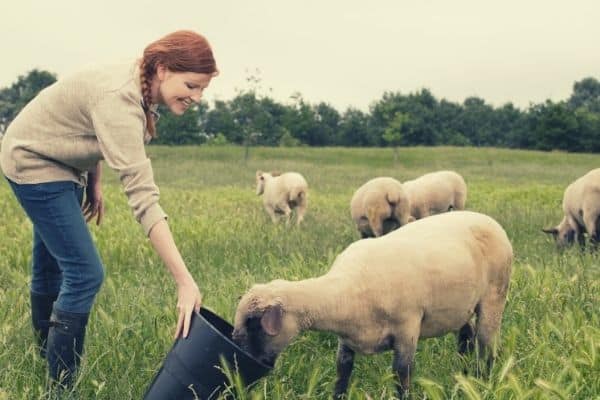
When sourcing manure from animals, it can be helpful to source it locally. Not only does this support your local farming community, but it also allows you to see how the animals are fed and treated. Animals that are grass-fed will produce more natural waste than animals that are fed hormones and artificial food.
Vital Tips for Handling Sheep and Cow Manure
While sheep and cow manure can be effective additions to your garden or crops, it is essential that you use them correctly. If they are used incorrectly or used too soon, they can hurt or destroy your plants.
Before you use your manure, ensure that it has been properly composted. Raw and fresh animal waste can burn your plants. Fresh waste from animals will also have a very potent smell. The smell can be unpleasant and will also attract unwanted flies and insects.
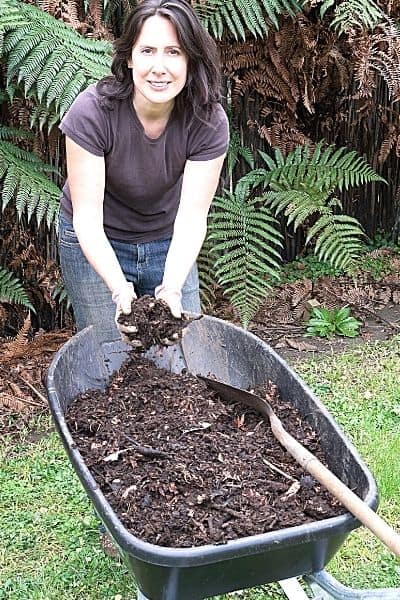
Thankfully, composting is easy to set up and do; it will just take a little bit of patience. Simply leave the manure out to aerate and give it time to age. Setting up composting bins is a great way to organize and contain the composting process. The process typically takes four to six weeks to complete. Keep this in mind when you are timing your growing season with your composting timeline.
Conclusion
Sheep manure and cow manure have many common characteristics, but sheep manure tends to be more effective in most cases. Both are rich in vital nutrients that will help your plants grow, fight off disease, and yield good fruits, vegetables, and flowers.
When composted, the manure will enrich the soil and improve the growth of your plants. Sheep and cow manure are organic and environmentally friendly options. You can compost your own if you have livestock, or you can support your local farming community at a reasonable price.
